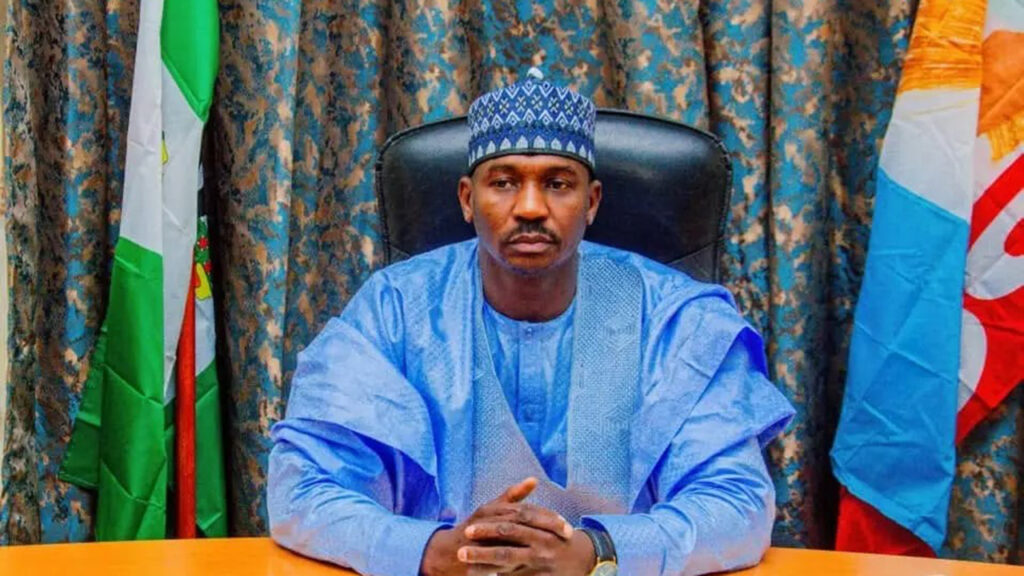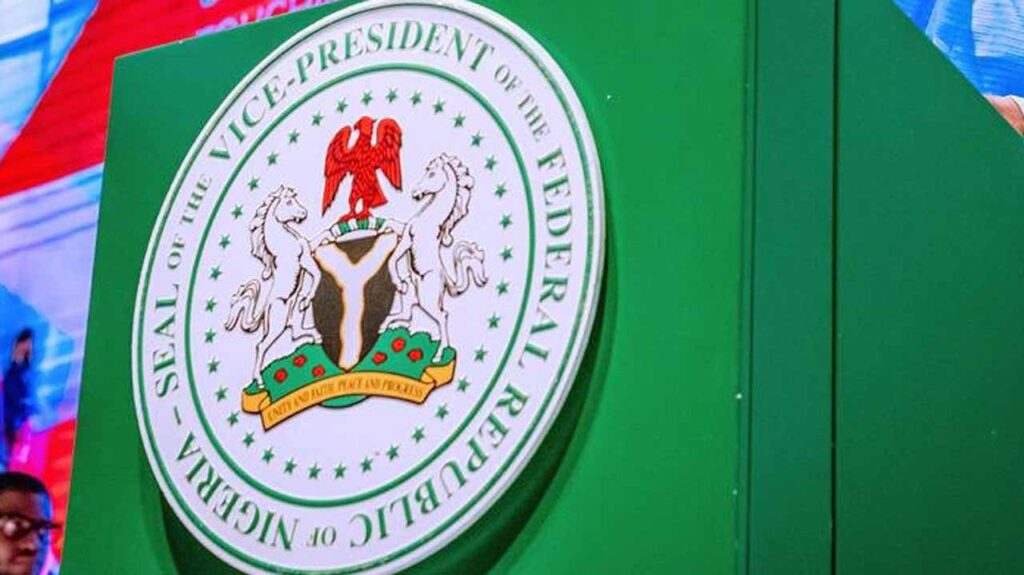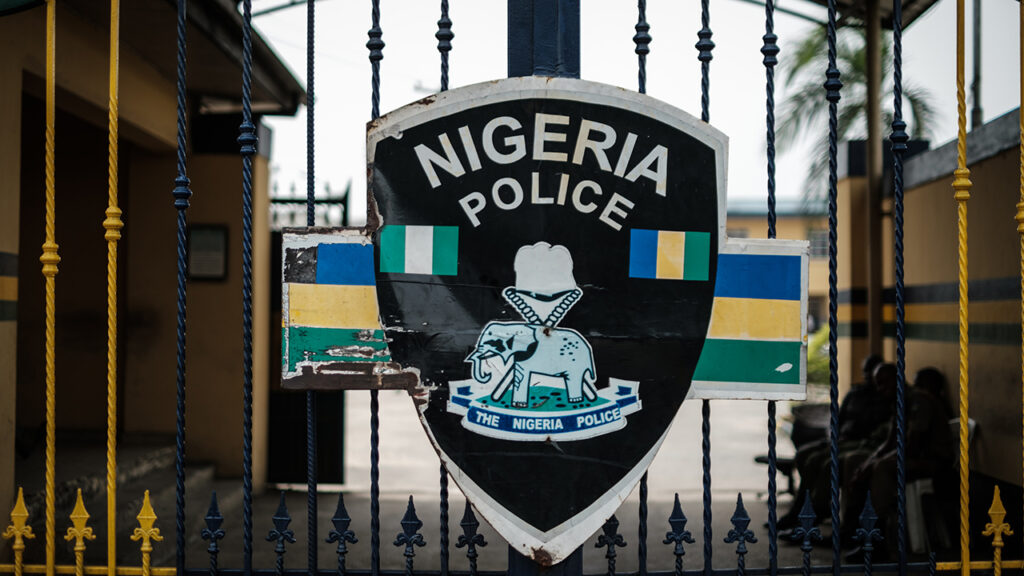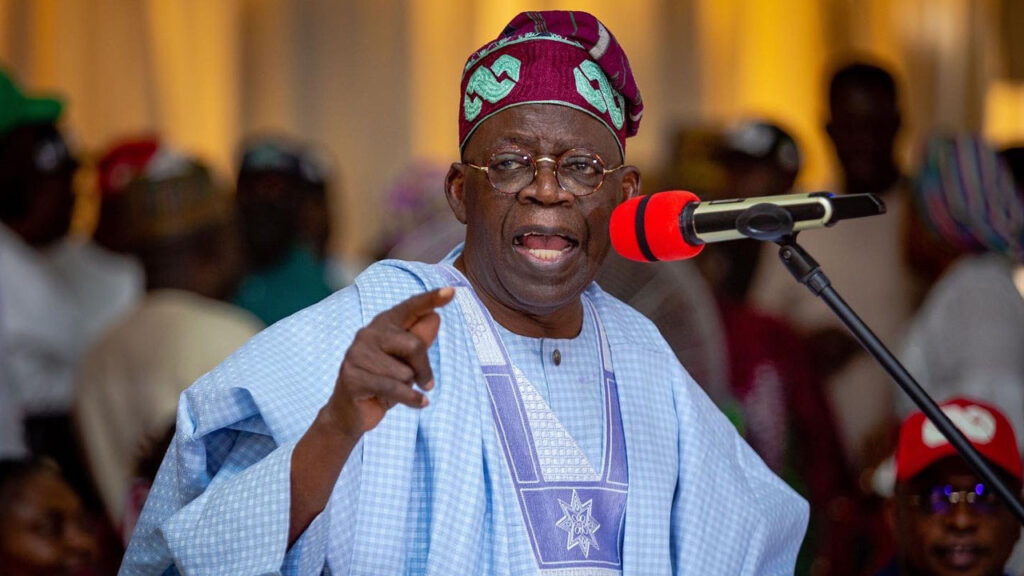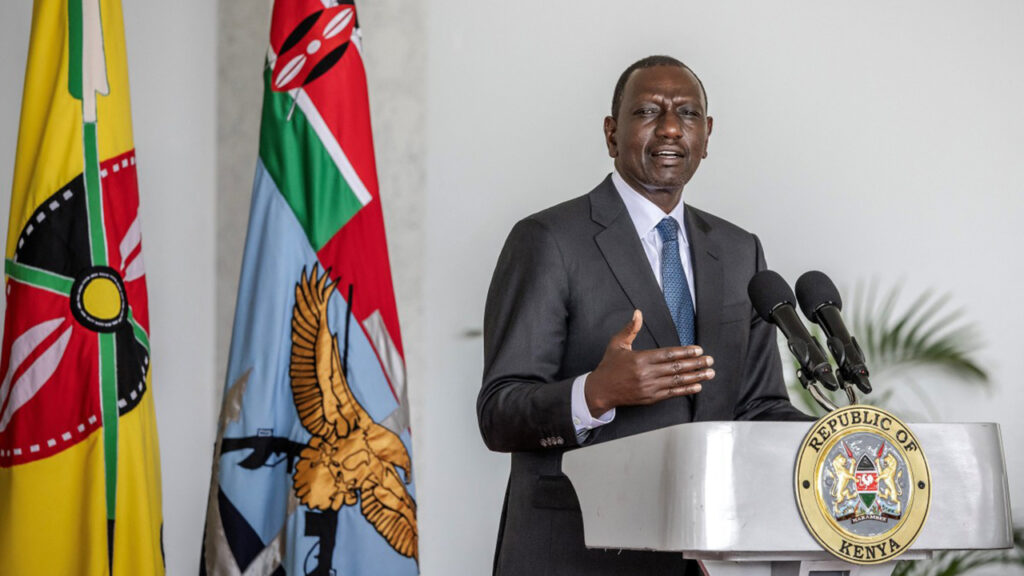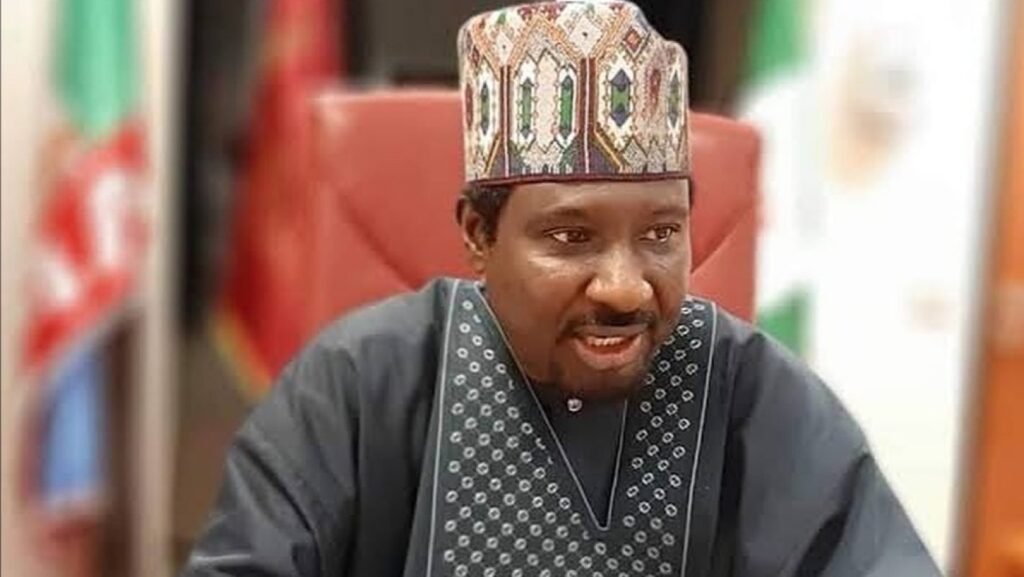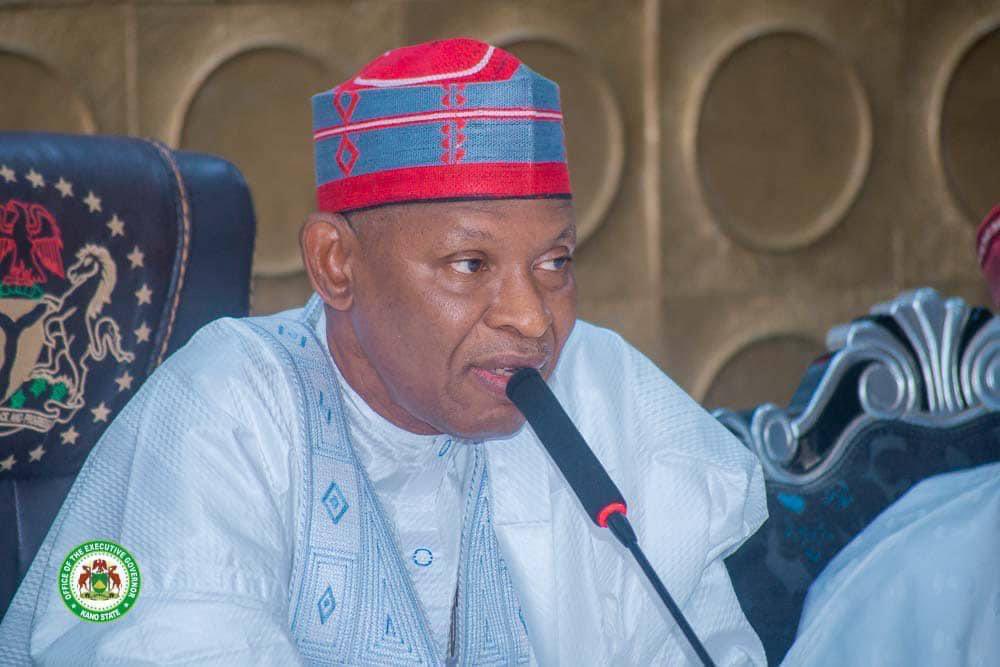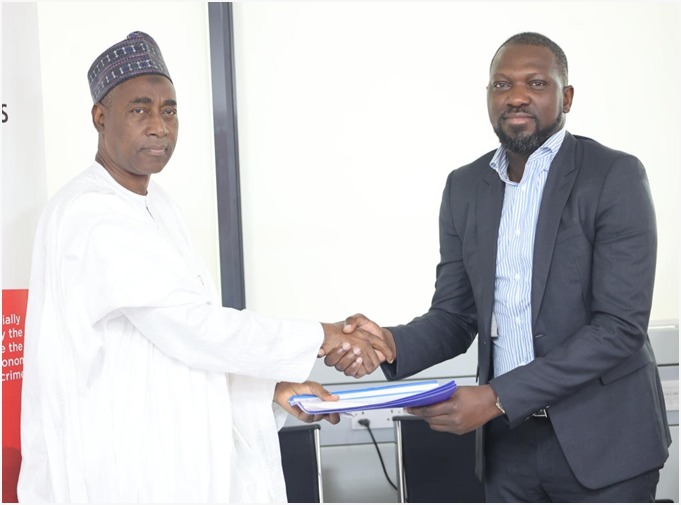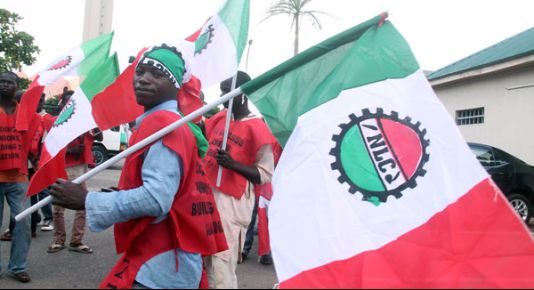
“Nigerians are good people. It is our leaders that are bad.”
“Nigerians are hardworking and conscientious, but our leaders are heartless. Nigeria would not be associated with corruption if not for our leaders. We are smart, intelligent, and hardworking.”
“Ordinary Nigerians are rarely corrupt…”
Statements like these give the impression that corruption is a disease that afflicts only those at the top.
Even though we know many of these leaders were like ordinary Nigerians before leadership came calling. No Nigerian leader was imported or born a leader; even though some even assume they have a unique genetic makeup. We have to wake up from this self-deception and face reality – call a snake by its real name so we can smoke it out.
Nigerians are corrupt. Simple! Except you have not lived in Nigeria.
This leadership-followership dichotomy when discussing the corrupt ruination of the country is a comfortable lie, but one may think it holds water if he has not held a position of leadership.
When you draw from a population many times and consistently get the same results, it simply means that the characteristics found in the sample are coming from the population.
It is representative, as our House of Representatives represents us on character and beliefs.
We can choose to believe a lie and keep running around in circles. We have kept this experiment for more than 60 years and we keep getting the same results. We have to wake up to the reality that the majority (and I believe this will be a very small number) that have not stolen have not done so because the opportunity has not come; and when they have not done so, they give their full backing to those who do, as long as they are playing their part.
I have held a position of public trust and I know those who come to “teach” citizens how to steal – the same people who lose the most to the plundering of the system. There is a rush to give an orientation on how to milk the system. I know how one is required to pay bribes just to be able to work, to do good, and to carry out projects to benefit people. If you don’t pay bribe you will not be allowed to execute projects – and the bribe is to ‘ordinary Nigerians.’
People who will tell you “I don’t care if the hospital you are building will save a million lives, if I don’t get my cut, you are not building anything.”
Or ask if we don’t know that the reason there is more pressure on the leaders to steal evermore increasing amounts, is because our very own traditional rulers, bishops, pastors, imams, and all other gatekeepers, make obscene demands from them. Demands we know they cannot meet without taking public funds or compromising the system.
Nigerians have a way of thinking or acting out the thought that, “everyone can starve as long as I and mine have more than enough” and there lies the root of our woes. It is not hunger that breeds our corruption, we keep making that case to justify the evil. We claim that they keep us poor so they can bribe us during elections when it is utter rubbish. It’s either we are ignorant of what actually happens or we don’t take the time to find out.
While some say or believe that the petty corruption by the low-level clerk does no harm, however, the billions of naira taken by the MDA head is what ruins us.
Don’t forget that there are thousands of such clerks chipping at the nation’s core daily.
N 50,000 taken by 50,000 people monthly is no small sum. The poor harm themselves more by their little compromises. You can finally build your house from your cut, but you can’t buy an army or have good roads or functional hospitals. You will send your child to Canada and lose him there because there will be no country to return to because you sold a part of it to train your son.
Hundreds of Nigerians compromise their oversight roles on small matters for personal gain. These actions add up. As we blame the elite contractor who did a shoddy road for full pay, let us remember the other Nigerians who cleared him to be paid despite knowing that the job was poorly done.
The tens of engineers in the Ministry of Works, who approved jobs they know are below standards. The NAFDAC inspection officers, small unimportant Nigerians, whose willful compromises aid the fake drug manufacturers and harm us all.
We may all have our reasons for bending the rules, but we cannot afterwards, retain the moral justification to pass on the blame to higher-ups. The minister who accepted a 100 hundred million naira bribe is not more guilty than the messenger who accepted a 10,000 naira bribe to leak confidential information.
Each is only stealing according to his capacity. Each was needed for the loop of corruption to be complete.
We can decide to do something about our mindset as a people (the average Nigerian seeks an opportunity to take his share of the national cake – which – of course, is corruption) or we may do what is comfortable – point fingers at the only visible symbols of corruption.
As if the 2023 elections would have been rigged if hundreds of low-level staff had refused to be compromised. It is easy to think that your small corruption is not what is holding Nigeria back, but it is an important part. People who are corrupt even in inconsequential ways find it hard to stand up against other corrupt people (who are causing more severe damage).
Without prevalent petty corruption, Nigerians would have thrown off the yoke of corrupt leaders.
I think it is the smaller corruption that is more dangerous because if a community stands against an oil company robbing them of billions, it is the youth leader – who will accept 1 million naira to talk his people out of a protest – that is most destructive to his people. The clerk who will help the politician create fake contract papers is as guilty.
It is the hundreds of INEC staff who accepted small bribes to alter small numbers or turn off the IREV server, who stole the 2023 elections, and not the leadership, as alleged. The leadership can do nothing without the agreement and willful cooperation of the many small people that our laws have put in place as gatekeepers of small but important doors. But it’s comfortable to throw arrows at the elephant and pass as saints.
We cannot afford to continue this lie, even if we refuse to do anything about it. Nigerians are corrupt and sometimes I even feel, it comes from somewhere deep down. Maybe it is the effect of forever living in lack but some other poor countries are lacking such widespread corruption.
In therapy, healing cannot begin without acceptance. People who pass blame rarely know good success.
Content Provided by EiE Nigeria.
Dr. Samson Abanni is a poet. He’s also a medical doctor and lecturer at a Federal University. He recently graduated from the School of Politics, Policy, and Governance, and is completing an MBA.


